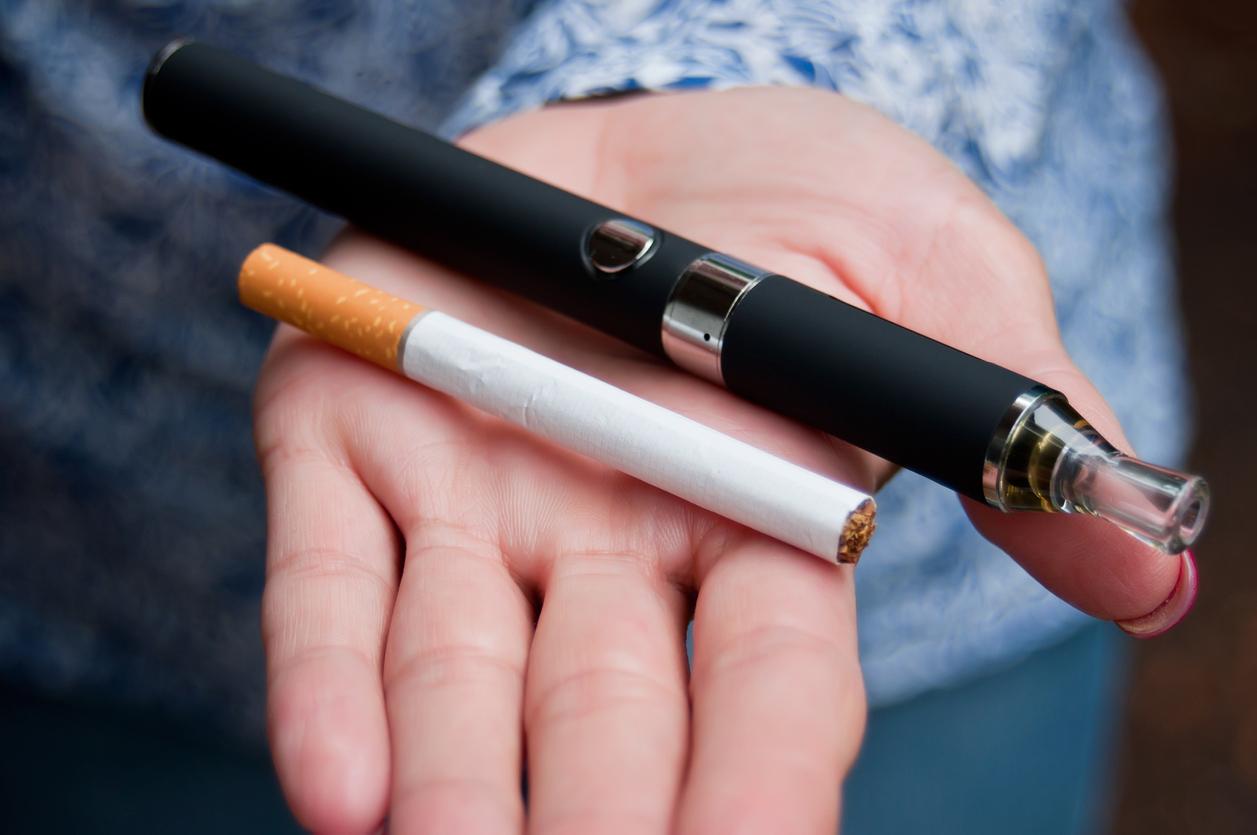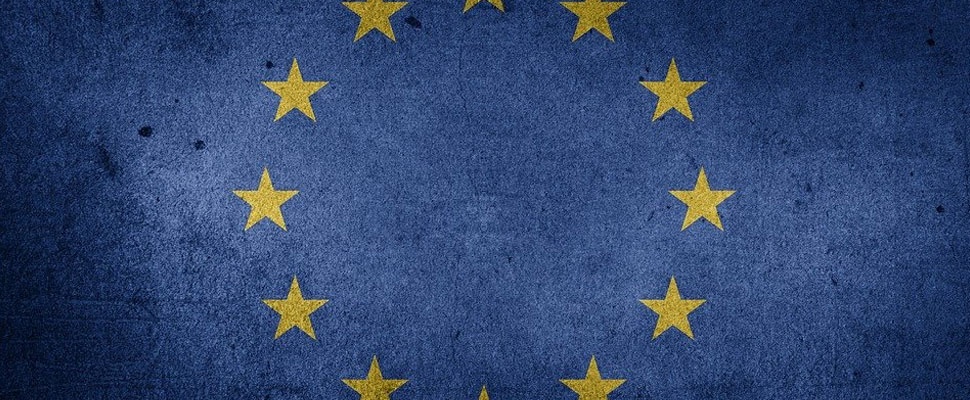After Brazil and Singapore, Wales could well apply the precautionary principle with regard to e-cigarettes. The Welsh government wants to ban vaping from public places.

In Wales, we love rugby, beer, fish and chips, but obviously not e-cigarettes! Indeed, this “constituent” nation included in the United Kingdom may well be the first in the region “to ban electronic cigarettes in closed public places,” Welsh Minister of Health, Mark Drakeford said on Wednesday. And the latter does not intend to delay to banish the product from Celtic lands. Its proposals are already open for discussion until June 24. If agreed, a text will be presented to the Wales Assembly for adoption.
Vaping prohibited during “Red Devils” matches
“We have spent thirty years developing the idea that smoking is not something that can be considered more glamorous or that makes more desirable. We fear that the arrival of the e-cigarette could reverse this trend. Our fear is also that it constitutes a gateway to conventional cigarettes ”, indicated the minister on British television BBC. And this prohibition, which targets a product popular in Great Britain (around 1.3 million regular consumers) has started. There, it is already forbidden to vape in some cafes and pubs or in the famous Millennium Stadium in Cardiff, the den of the “Red Devils”, nickname given to the famous Wales rugby team.
As a result, if the ban on vaping in public places became total, the country would imitate Luxembourg, Belgium and Malta, the only European countries to apply such a measure.
Less dangerous doesn’t mean safe for Americans
In addition, on the American continent where the tobacco lobby is powerful, the war on the e-cigarette is also launched. In the United States for example, whether on the West or East coast, the product obviously does not appeal to the mayors of large cities. After Michael Bloomberg who completed his mandate as mayor of New York (December 2013) by banning electronic cigarettes in public places, it was then the municipality of Los Angeles which went to war against this product. The city of “LA” on Tuesday, March 4 unanimously adopted a ban on electronic cigarettes in public places, such as workplaces, restaurants and bars. The ban also applies to parks, beaches, nightclubs and recreation areas where smoking is banned.
However, vaping clubs are not subject to this ban. Hookah clubs, where smoking is allowed, are also not affected. The use of electronic cigarettes is also allowed in films.
To explain this choice, Jonathan Fielding, director of health services for Los Angeles County, told the press: “The e-cigarette, presented as a way to quit smoking, allows its users to inhale vapor. nicotine, but experts say they ignore the effects of the chemicals used. “And the latter added that” less dangerous does not mean safe. “Although less dangerous than traditional cigarettes, some e-cigarettes present health risks,” he concluded.
Thus, for lack of certainty on the effects of the product, vaping is therefore prohibited in public places in the Californian city. As in Singapore and Brazil elsewhere where this ban is also in force.
E-cigarette standards: France wants to become a model
In this tense context for the e-cigarette industry and American vapers, the Food and Drug Administration (1) has already announced that it will soon take regulatory measures on the product, without however indicating the date.
For its part, even if it is still struggling to decide on a possible ban on e-cigarettes in public places, France has already started this product standardization work. The harmonization of labeling, the assessment of the risks of poisoning and air pollution will indeed be studied as part of an AFNOR standard procedure which will begin on May 16.
The objective: to establish transparency and security criteria, by the end of 2014, for this product, which is the subject of rapid development on the French and European market. “They will contribute to the recognition of French know-how on the European market,” said AFNOR in a press release published a few days ago.
(1) United States Food and Drug Administration
.
















